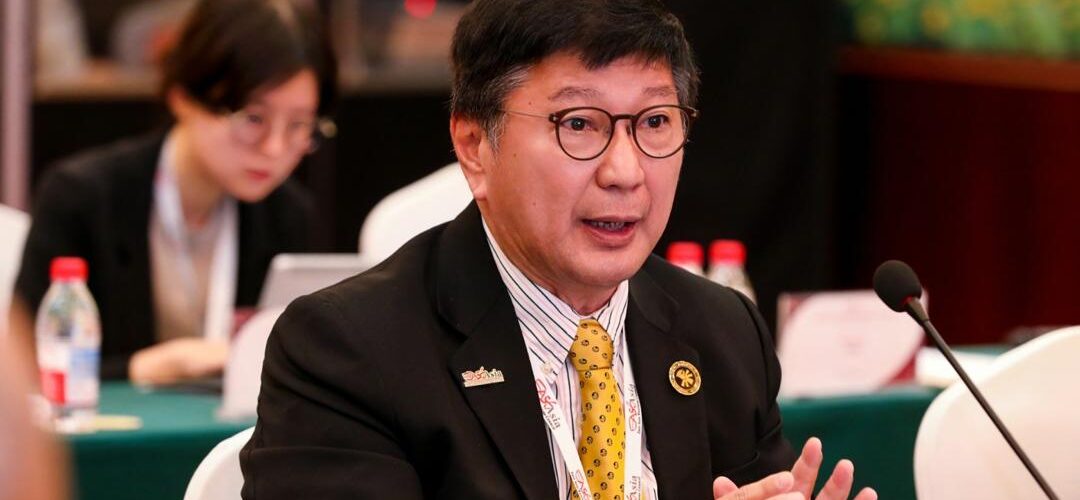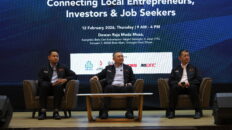A Balanced Budget with Room for Improvement
The Federation of Malaysian Manufacturers (FMM) views Budget 2026 as a balanced effort that maintains fiscal prudence while supporting long-term economic growth. The government’s move to reduce the fiscal deficit from 3.8% in 2025 to 3.5% in 2026 under the MADANI framework demonstrates sound financial management.
However, despite positive macroeconomic direction, FMM notes that the manufacturing sector–particularly MSMEs–receives limited relief. Many are still burdened by rising operating costs, multiple taxes, and competitive pressures.
Encouraging Steps for Trade, Innovation, and Investment
FMM commends the government’s RM60 million allocation to the MATRADE Market Development Grant (MDG) to help exporters diversify into new markets in Africa, Latin America, and Central Asia. The association also supports Customs’ digital enforcement measures, such as digital tax stamps and centralised CCTV screening, to strengthen trade integrity and combat counterfeiting.
In advanced manufacturing, FMM welcomes funding through the Strategic Co-Investment Fund, the NIMP Industry Development Fund, and BPMB financing for R&D and technology-driven ventures. These initiatives, supported by Khazanah, KWAP, and MTDC’s new SemiconStart incubator, will help transform Malaysia into a regional hub for high-value manufacturing.
Reducing Business Costs and Empowering Talent
Raising the stamp duty exemption threshold for employment contracts from RM300 to RM3,000 per month will reduce business costs, FMM said, although a higher RM10,000 limit would better reflect current wage realities.
FMM also supports increased allocations for TVET education (RM7.9 billion) and STEM promotion, alongside the introduction of a TVET Bill to enhance governance and quality. The Investor Pass initiative and the continuation of the Residence Pass–Talent Fast Track are also expected to facilitate investment and talent mobility in strategic sectors like E&E.
Driving the Green Transition Responsibly
FMM applauds the continuation of rebate programmes for energy-efficient appliances, the launch of Solar ATAP, and the upcoming Green Technology Financing Scheme 5.0. The new 100% Green Asset Investment Tax Allowance will also encourage local adoption of sustainable technology.
However, FMM urges a carefully phased approach to carbon tax implementation. It recommends introducing an Emission Trading Scheme to minimise cost burdens, particularly for energy-intensive industries. The forthcoming Climate Change Bill, it added, should balance sustainability goals with industrial competitiveness.
Accelerating Digital and AI Transformation
The government’s RM780 million investment to achieve 80% 5G coverage by 2026 will strengthen Malaysia’s digital infrastructure and boost productivity. FMM also supports expanding AI-driven initiatives under the National Artificial Intelligence Office (NAIO).
It recommends increasing the tax deduction for AI-related training from 50% to 100% or 200%, covering not only training but also technology adoption. Such measures would help SMEs integrate AI faster and compete globally.
Boosting Local Innovation and Halal Industry Growth
FMM backs the Beli Produk Buatan Malaysia campaign as a catalyst for local R&D commercialisation. It encourages tax incentives for manufacturers adopting or licensing homegrown technologies, to bridge the gap between innovation and market entry.
The organisation also supports the RM100 million halal financing initiative by SME Bank and RM2 billion in SJPP guarantees to strengthen Malaysia’s halal ecosystem. These measures will enhance SME competitiveness in global halal markets.
Key Gaps and Industry Concerns
Despite several commendable initiatives, FMM highlighted areas needing urgent attention:
- R&D Tax Incentives: Increase deductibility to 200–300% to match regional benchmarks.
- Support for Local Manufacturing: Extend Accelerated Capital Allowances and sales tax exemptions for local machinery purchases.
- Supply Chain Incentives: Promote domestic sourcing to strengthen industrial resilience.
- Dedicated ESG Fund: Create a RM2 billion ESG financing facility for SMEs.
- Skills Development: Channel part of foreign worker levies into national TVET and Industry 4.0 funds.
- Export Resilience Fund: Support exporters in diversifying markets and managing global trade shifts.
- SST Framework Reform: Address cascading tax issues affecting manufacturers.
- Brand Promotion Grant: Reinstate support for promoting Malaysian brands abroad.
Championing Malaysia’s Industrial Competitiveness
The organisation reaffirmed their commitment to advocate for policies that strengthen Malaysia’s manufacturing base, foster sustainable industrial growth, and uphold transparency and integrity across the sector. Budget 2026 sets the right direction for fiscal prudence and innovation. However, they urge more targeted measures to support the manufacturing ecosystem that drives Malaysia’s economic engine.









